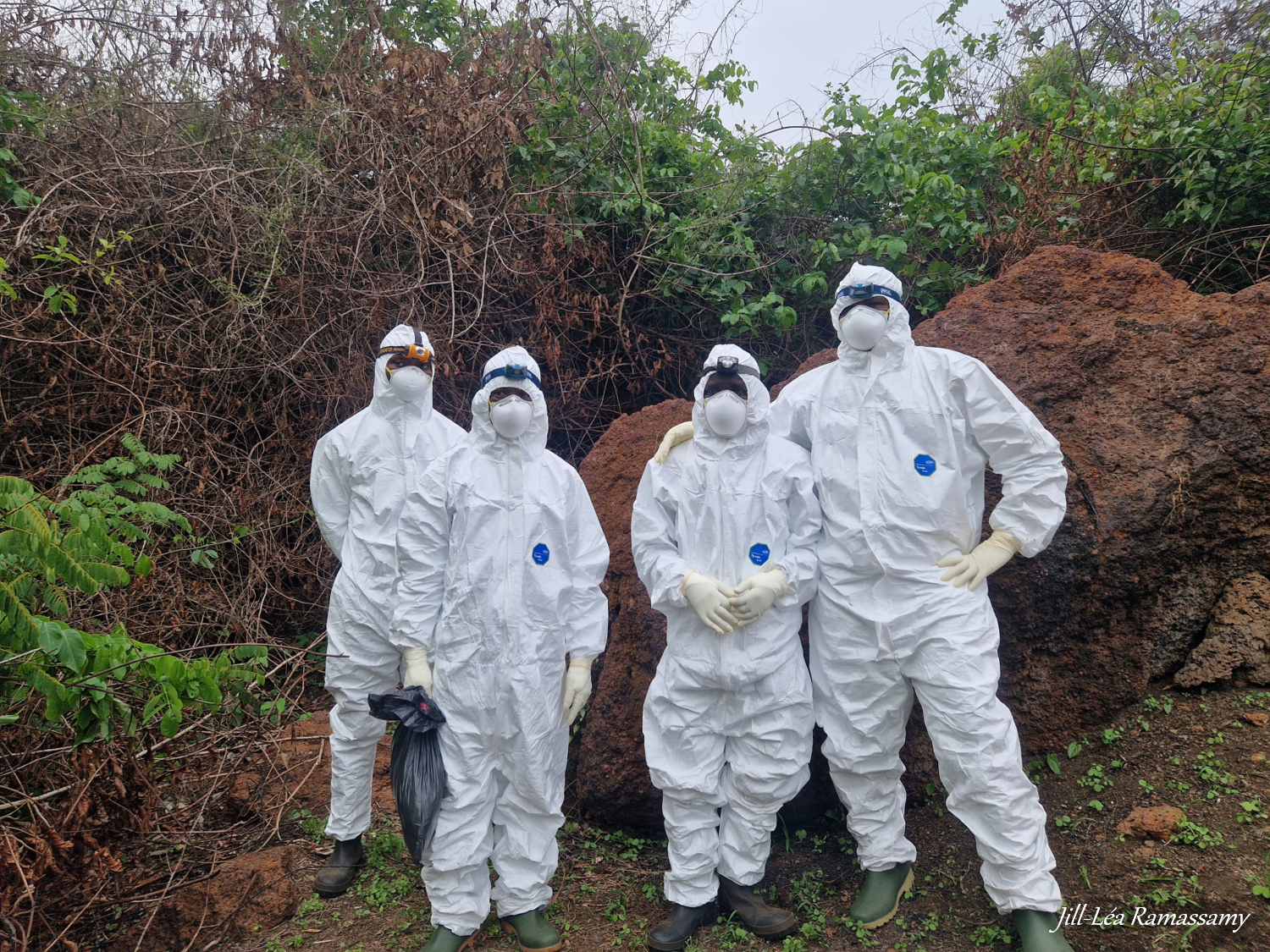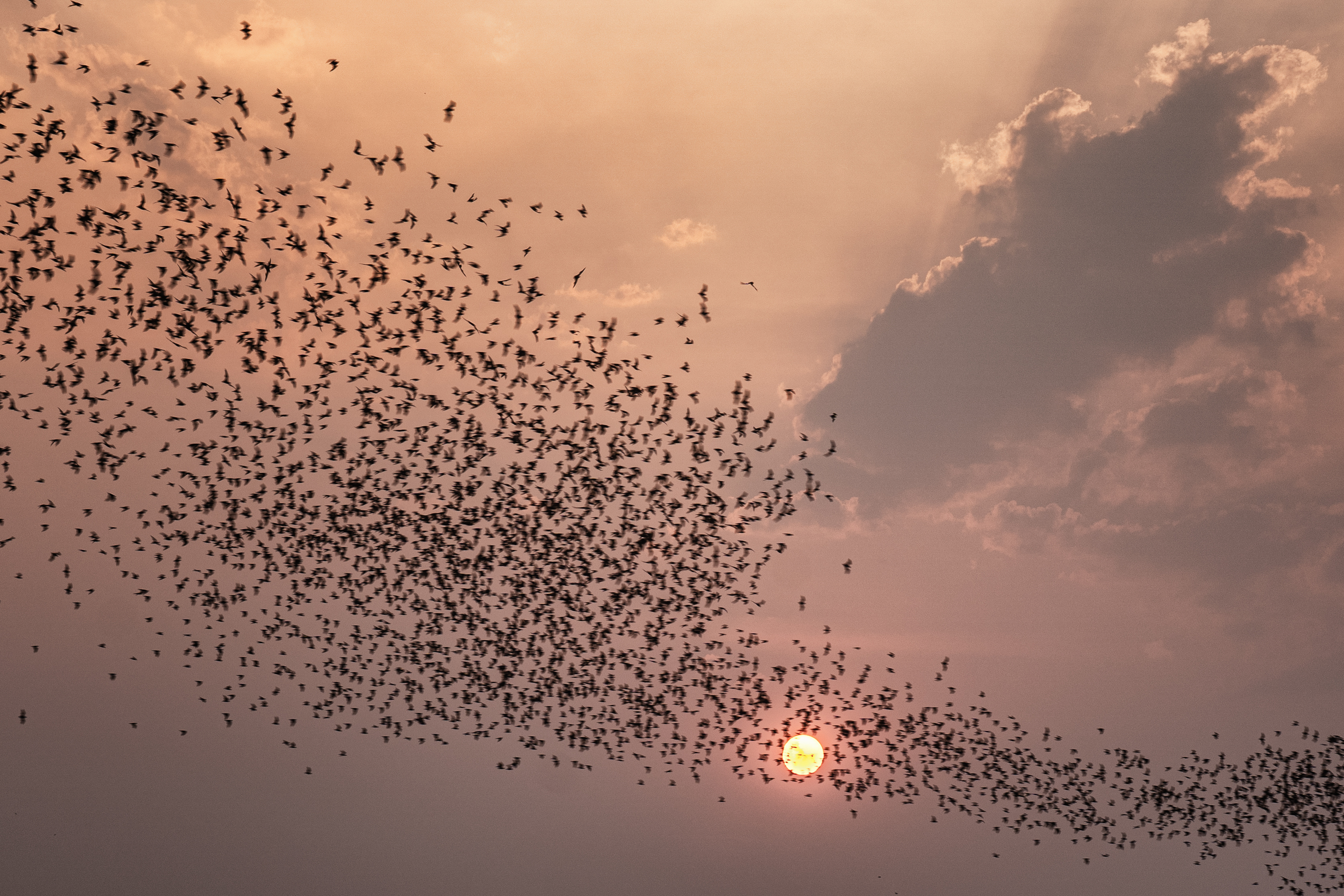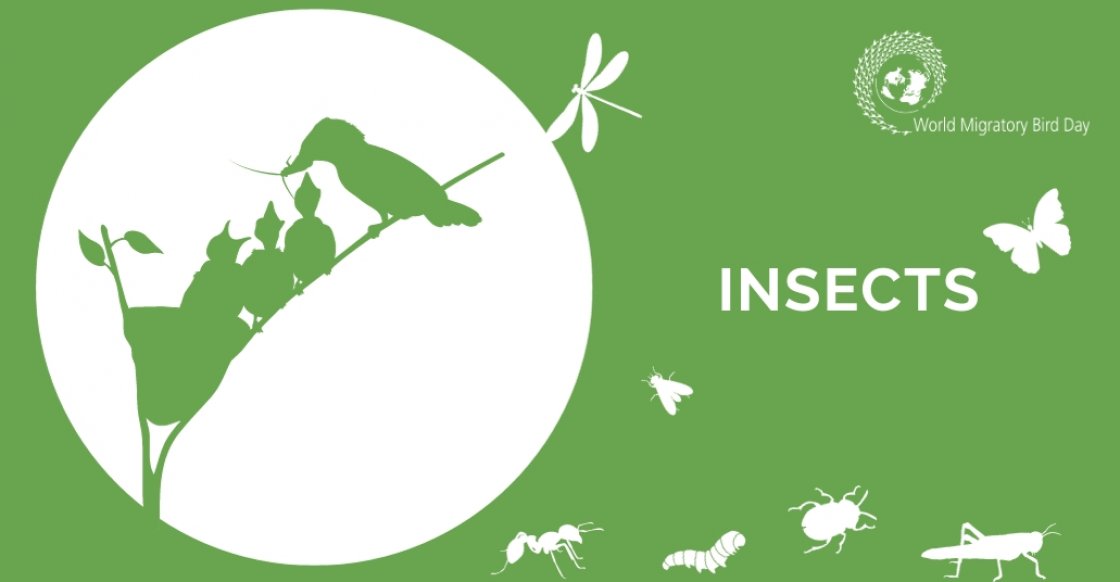Journal of BCOMING's Field Mission in Guinea: Part 3
Mission Progress in Samyankhouré

Non-invasive Sampling and Wildlife Observation Continuing our sampling efforts, we laid ten tarpaulins to collect bat faeces. Despite the absence of other wildlife faeces due to the season, we observed numerous bats, beetles, and amphibians in the cave. A total of 200 bat faeces were collected, providing valuable insights into the bat population dynamics.
Bat Sampling Using nets and harp traps as per protocol, we conducted bat sampling at designated entrances/exits of the cave. Despite large bat numbers, our captures were lower than expected. A total of 157 bats were captured, with 72 collected for sampling. Notably, no bats marked during previous missions were recaptured, indicating either a sizable population or high bat mobility between caves.
Our mission in Samyankhouré concludes with valuable data collected, contributing to our understanding of bat ecology and disease transmission dynamics in the region.
Stay tuned for the next installment of our journal as we analyze the data collected during our field mission!
You can access the full mission report in French here.



